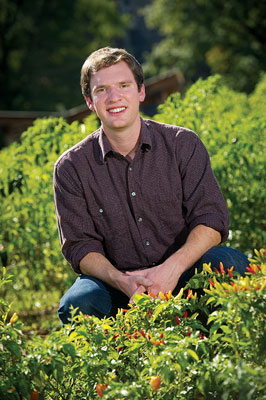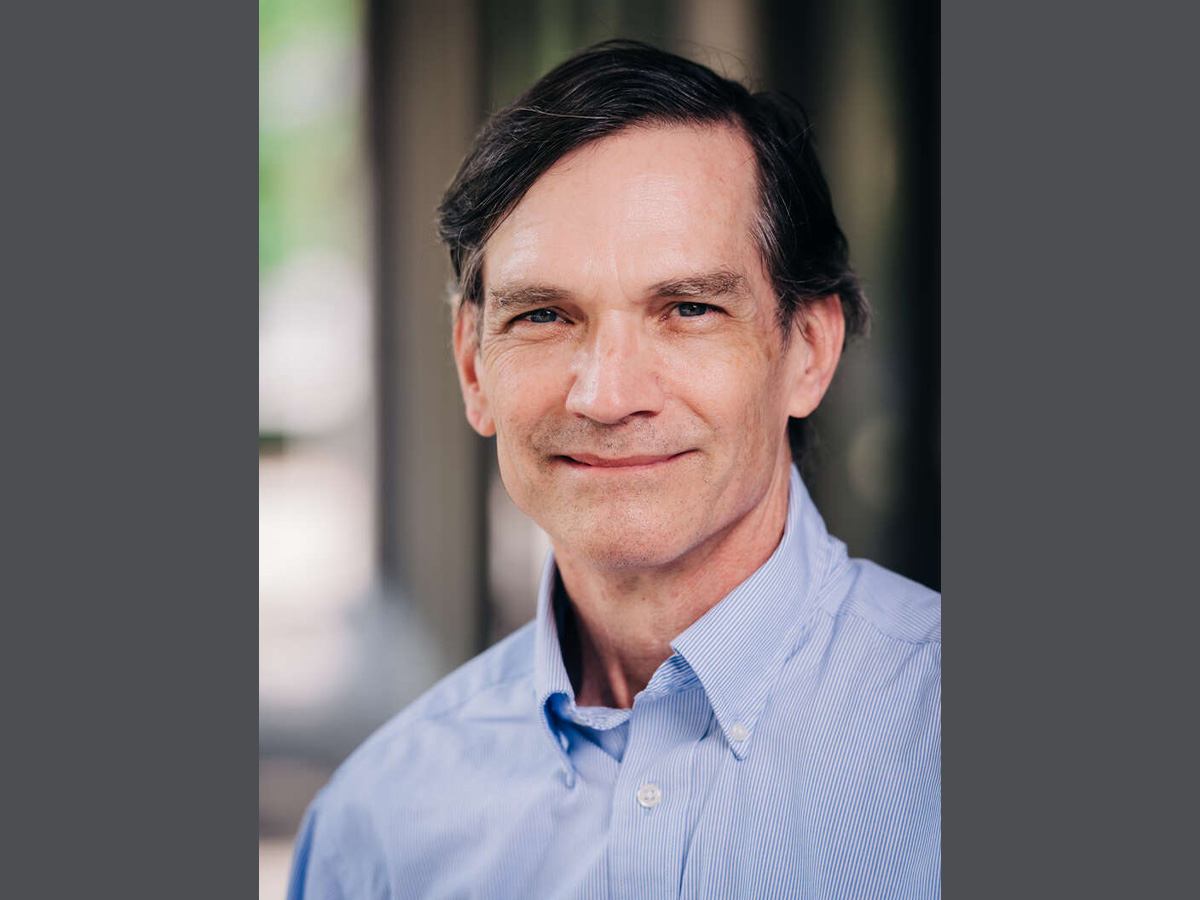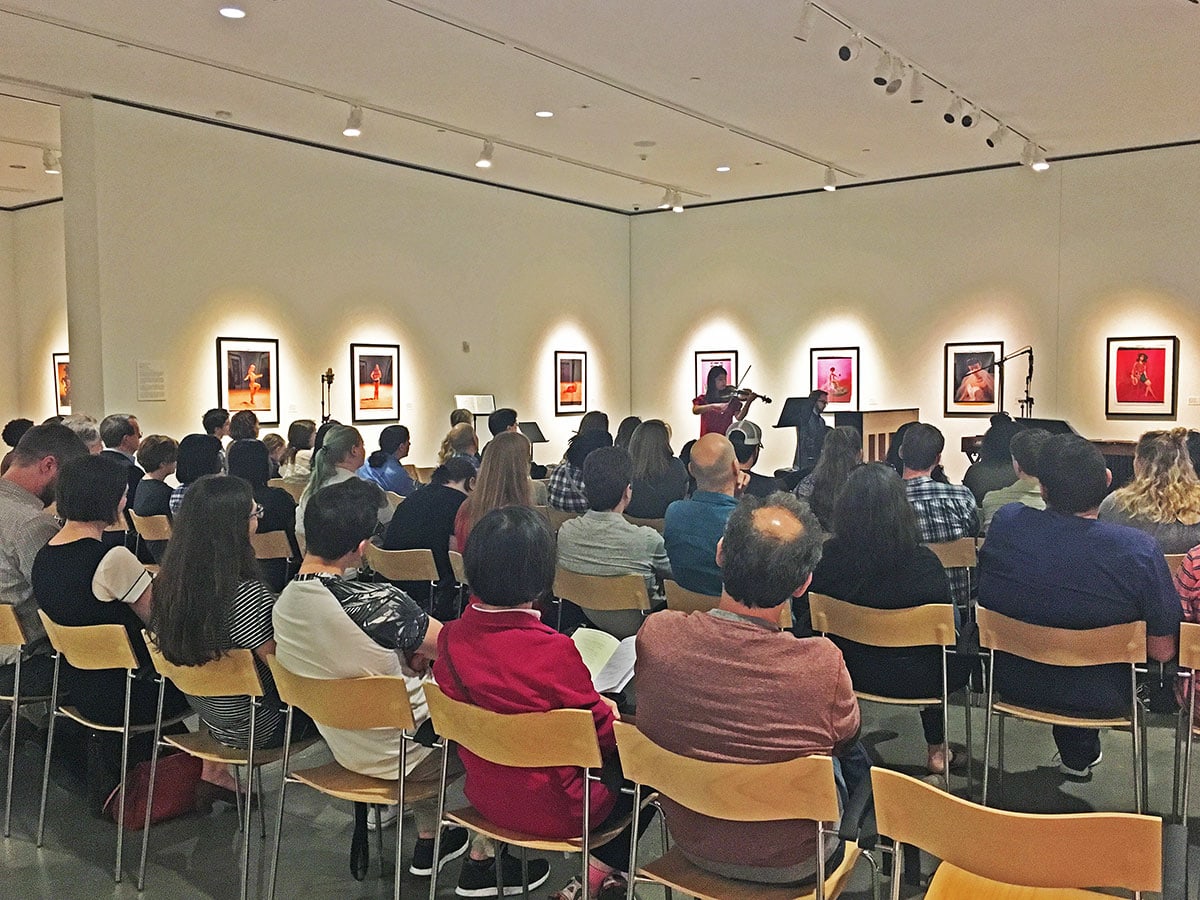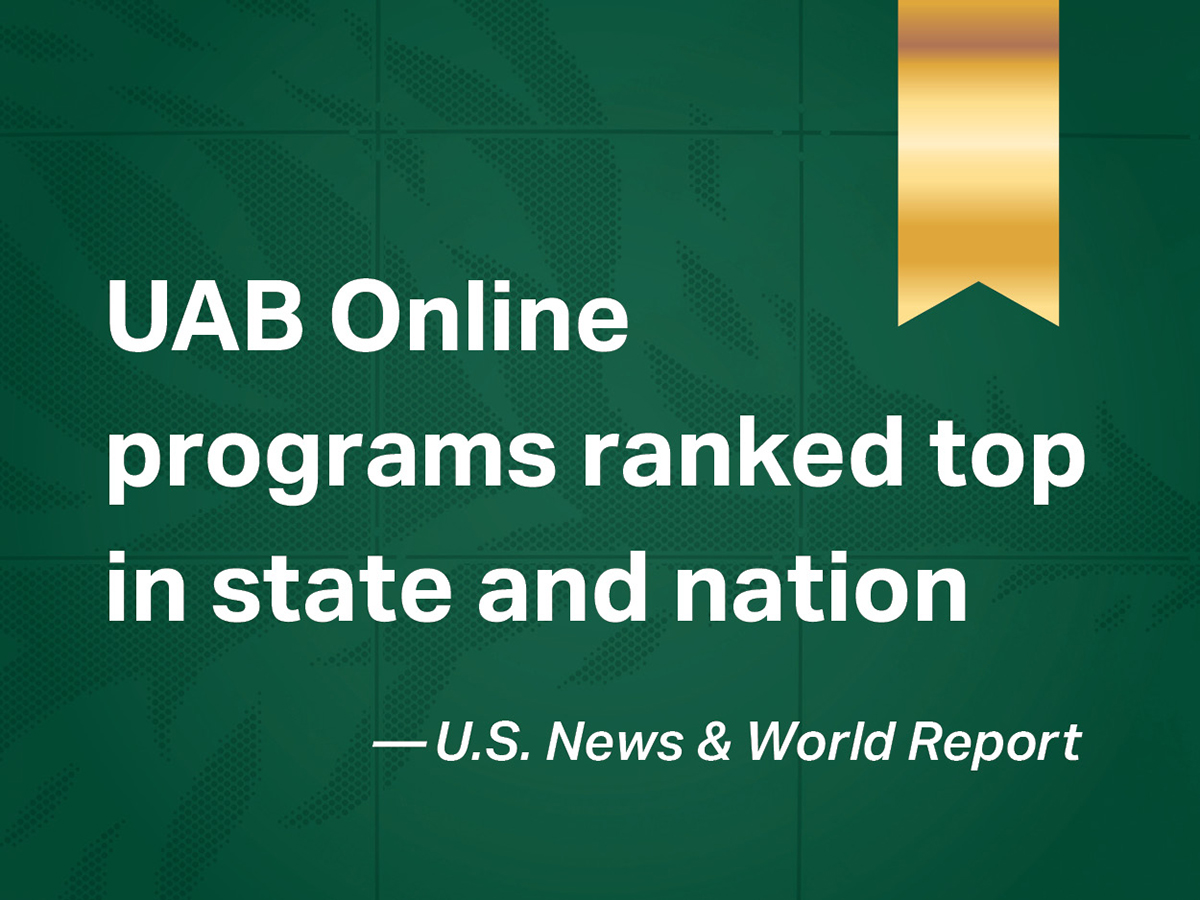 By Brendan Rice
By Brendan RiceMy interest in social justice is grounded in the profound belief that my generation must and will play a central role in fixing the broken systems of our world. For me, this translates to the broken global food system that leaves nearly a billion people without enough to eat. Based on this core value, I have structured my college experience around acquiring the knowledge and skills needed to be a leader in the global effort to eliminate hunger and poverty.
As a high-school student, I attended a leadership camp through the Alabama Poverty Project, where I learned about social-justice issues affecting Alabama and the nation. After receiving a letter from Dr. Bob Corley, then director of the Global and Community Leadership (GCL) Honors Program, I visited the UAB campus and sat in on a class with Rosie O’Beirne, co-director of the media studies program. At that point, I knew that UAB would be the place where I would have the nurturing support to pursue my goals. I saw the GCL program as a curriculum path for me and other students to develop our desire to make a difference in the world as wellgrounded leaders in our chosen fields. We use the phrase “passion to action” a great deal in the program. This has characterized my time at UAB, as I seek experiences that translate my genuine interest into a well-grounded leadership.
Huge Energy for Ending Hunger
Through GCL, I worked on service projects with Jones Valley Urban Farm and Alabama Possible. Service is incredibly important for college students. It helps us meet community needs, and, perhaps even more important, starts to build our framework for understanding complex societal issues.When I attended the Universities Fighting World Hunger (UFWH) summit at Auburn University my freshman year, my interest in food security and previous experience in service suddenly made sense in the larger context of the global phenomenon of hunger, an issue that affects nearly one out of seven people on this planet.
The UFWH movement now includes more than 300 colleges and universities where students have taken the initiative to make fighting hunger a core value of their institutions. The magnitude and energy of this effort was made real at the summit, where equally passionate students were coalescing around the common goal of ending hunger.
When I returned to campus, I helped start the UAB chapter of the organization, which is growing in members and visibility. This past year, the group organized a number of events, including a World Food Day potluck conversation and a refugee camp simulation, which shared the stories of the world’s most marginalized in context of UAB. The World Food Day potluck combined a celebration of food with a discussion on our broken global food system—one that allows for hunger in a world of plenty.
The issue of hunger and the growing movement of people who care about it will be reflected in the work UFWH continues to do on campus. Universities Fighting World Hunger at UAB provides a space for students to see how their stories and interests fit in with the broader narrative of a world moving toward the ability to ensure that everyone has enough to eat.
In the spirit of shameless self-promotion, if you are a student, I urge you to get involved in this important work and join the UFWH. My story is woven into the work of ensuring that the scourge of hunger does not persist in a world with as much exhilarating possibility as ours. What is your story? My bet is that your narrative, in all of its uniqueness and vitality, is not only compatible with but absolutely essential in the broader work of all of us working together to end hunger.


